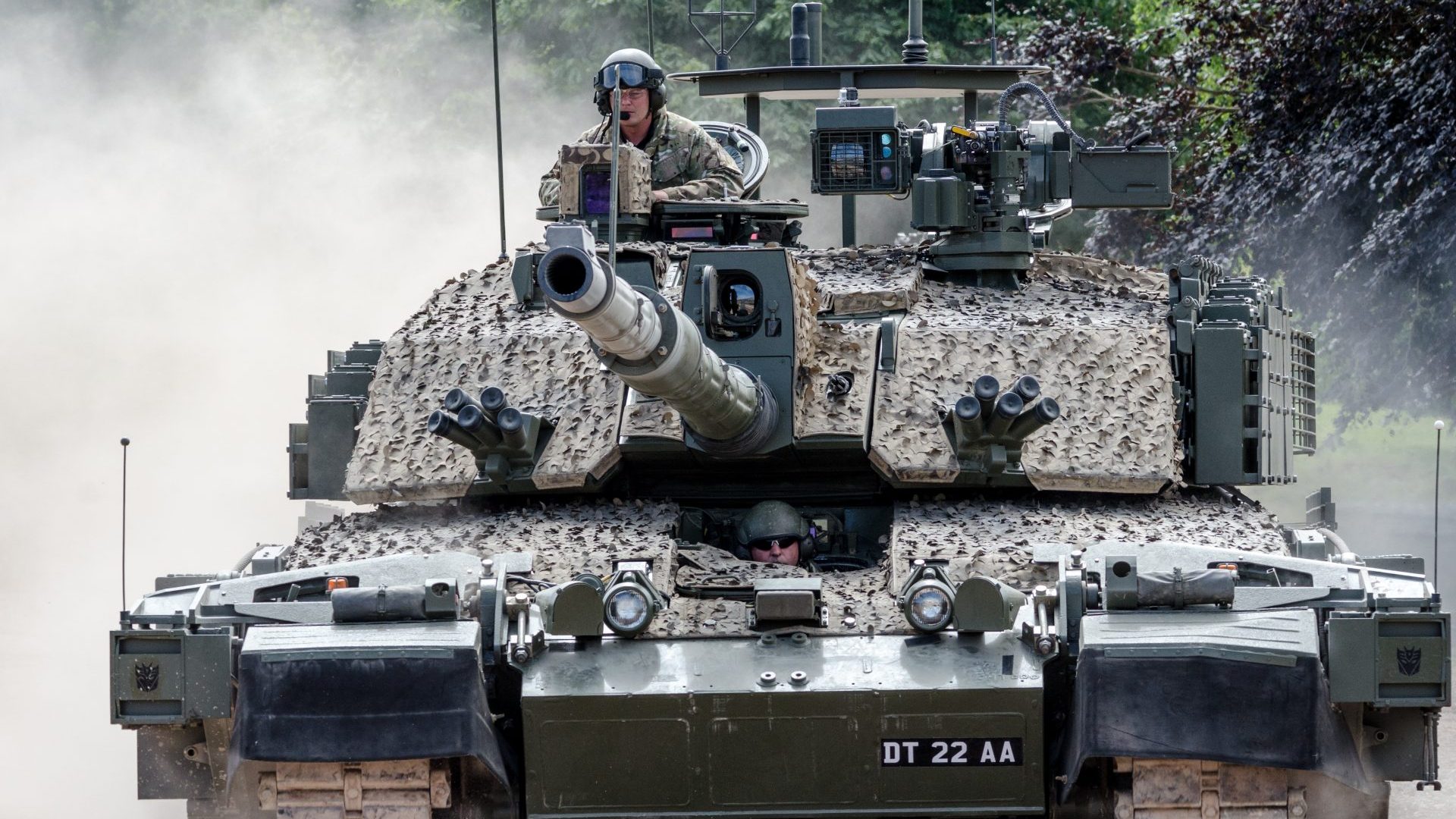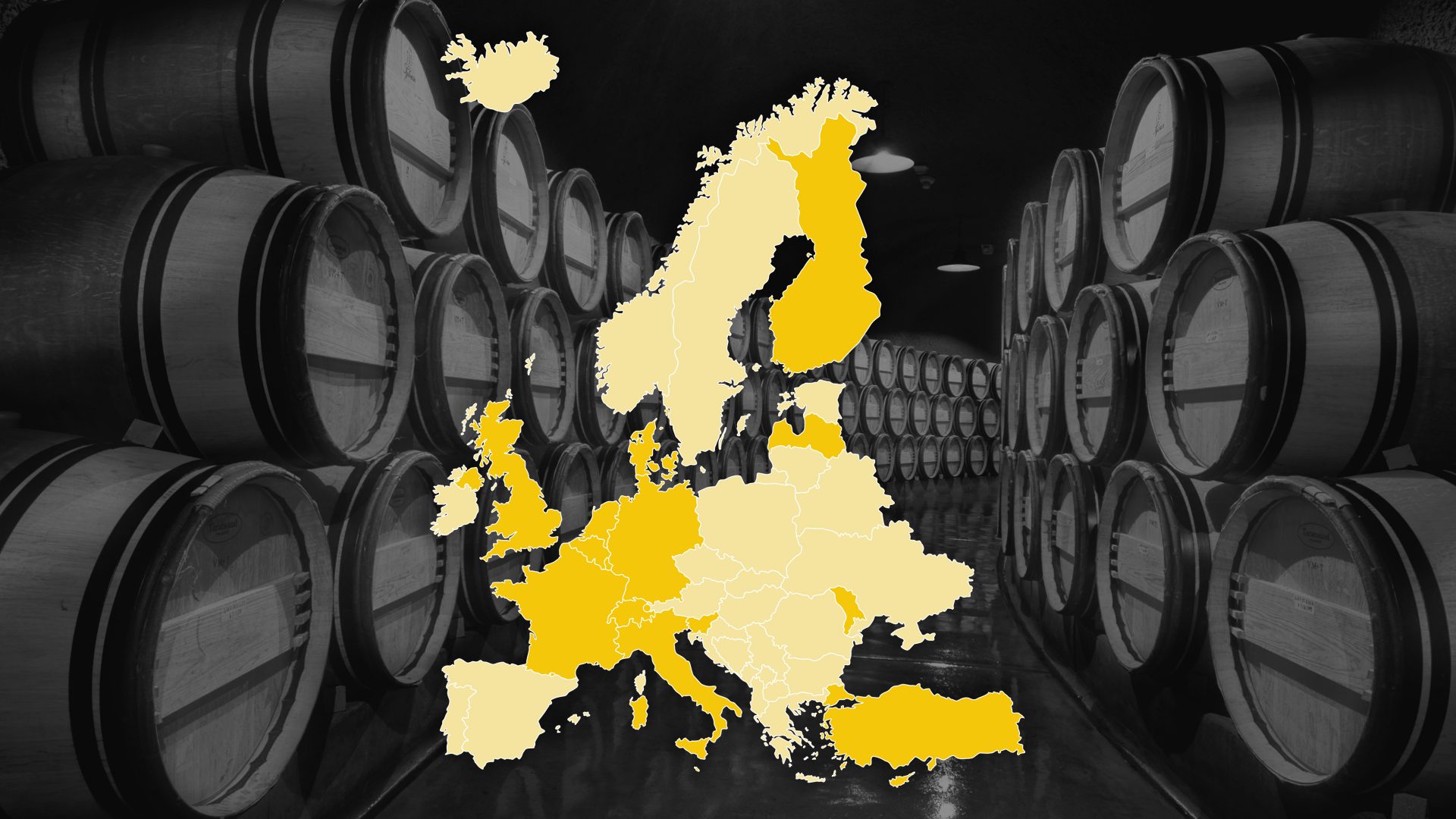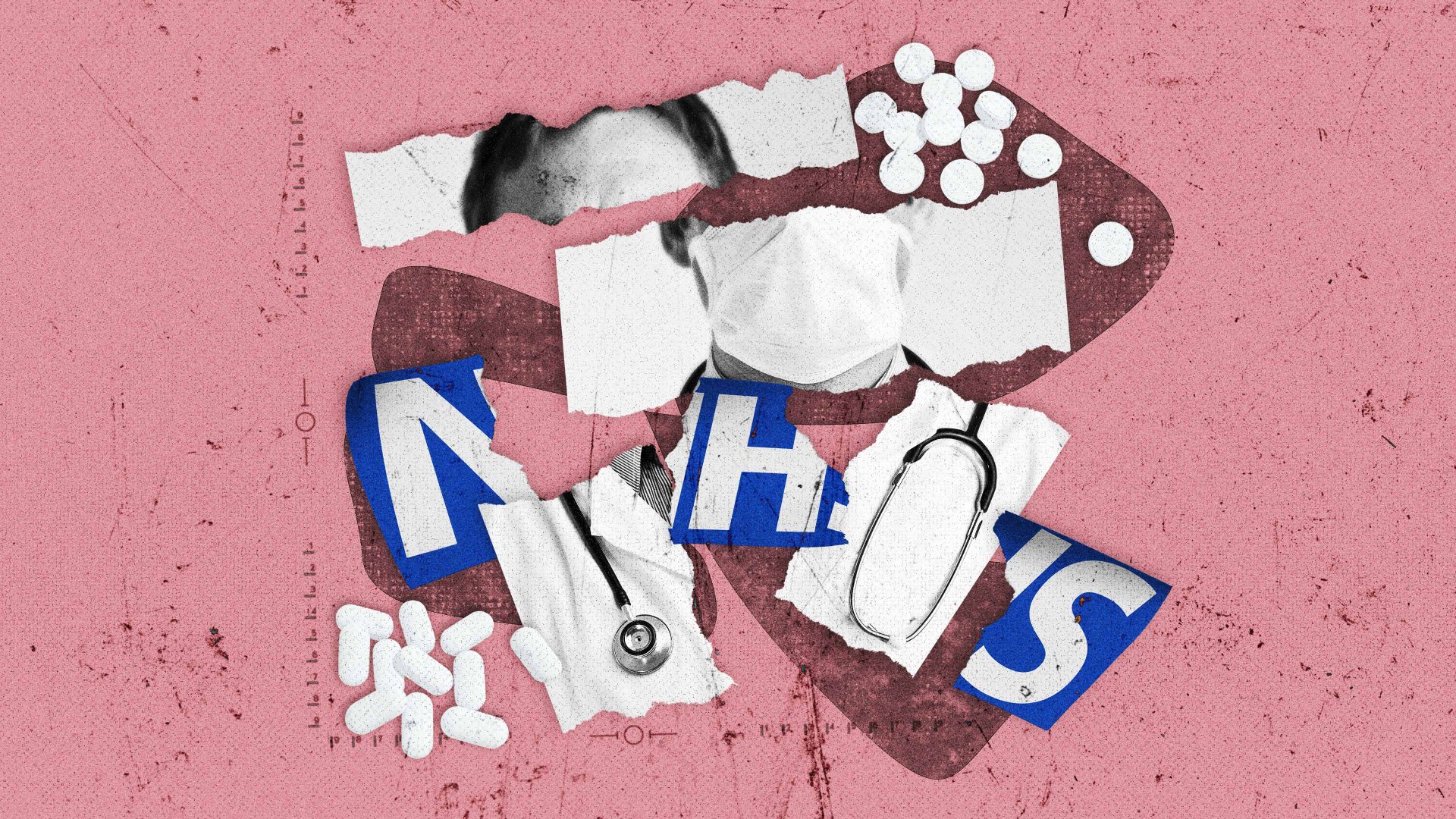Last October I watched, incredulous, as the German chancellor’s chief of staff reeled off a list of excuses for not sending tanks to Ukraine. Ukraine has captured hundreds of Russian tanks and doesn’t need any; western tanks need maintenance that Ukraine can’t provide.
And what if Russia captured a German tank with an Iron Cross painted on the side? Think of the propaganda value. In the end, said Wolfgang Schmidt, the fact is nobody’s sending them.
Except now they are. The UK is sending 14 Challenger 2s – actual main battle tanks and the most powerful vehicle the British army can put on a battlefield, from a stockpile it was planning to mothball while others were upgraded. Poland, meanwhile, has signalled it will send a similar number of German-made Leopard 2 tanks from its own arsenal, and others are expected to follow.
I support these moves, even though the UK doesn’t have a lot of tanks to spare, and even though the numbers may not end up decisive.
Because they signal that the West is beginning to believe in Russia’s defeat. Everything the West did in the first phase of the war was guided by the belief that Ukraine couldn’t win: that it would be forced into further national humiliation by the sheer preponderance of Russian arms.
In the second phase, via the provision of long-range defensive weapons and – I am told – real-time targeting information, the US enabled Ukraine to stage two dramatic counter-offensives – in Kupyansk and Kherson. In the third phase – where Vladimir Putin tried to break the will of the Ukrainian people by taking out their energy supplies this winter, causing millions to flee to Europe, it was western-supplied defensive anti-air weapons that helped to hold the line.
But at every stage, western governments held back the equipment that would allow Ukraine to mount a strategic counterattack. They did so, in the first place, because with the exception of the US their own stocks are run down. Britain has just 227 tanks, and intends to keep just 148 upgraded versions in service, mothballing the rest. So even delivering 14 – roughly a third of a battalion – is not nothing.
But the most important reason western governments held back was strategic. Over the summer they feared Putin was making the case for a pre-emptive tactical nuclear strike on Ukraine. Not wanting to respond in kind, they needed to keep as many incremental countermeasures on hand as possible, and the coordinated supply of tanks had to be one of them.
Now, though Russia’s mercenaries are making tiny territorial gains around Bakhmut, and its conscripts are getting herded into horrific “meatwave” attacks, the UK judges that the tide has turned. The chief of the defence staff, Admiral Sir Tony Radakin, warned in December that Russia faced a critical shortage of artillery ammo, and its ability to attack was rapidly diminishing. He said:
“Russia is losing. And the world is winning. Russia is diminished on the world stage… and providing we maintain our cohesion and resolve, the real victory within our grasp is much more significant.”
That, said Radakin, would be to teach the rest of the world a lesson: that armed aggression leads to negative consequences, and that there is still a collective West prepared to face down totalitarianism and aggression.
Not just the containment of Russian aggression, but its actual military defeat in Ukraine looks possible. Unfortunately, that will cost the lives of thousands more Ukrainian soldiers and civilians. But as long as the Ukrainian people are prepared to fight the UK should back them.
Sending western-built tanks in small numbers is symbolic because it places on the battlefield an ultimate point of failure: we may see recognisably British, American and German-made tanks go up in flames – something that hardly ever happened in the two Gulf wars, except by friendly fire. That is a risk our leaders now seem prepared to take.
Since 2008 the Russian state has conducted hybrid warfare deep in the fabric of western democracies, spraying around dirty money, organised crime and the occasional vial of poison for good measure. Its aim is to destroy our way of life, which its propagandists call “LGBT Capitalism”. It also wants to obliterate Ukrainian national identity.
So we are not dealing here with some 19th-century-style imperialism that only wants a few hundred kilometres of someone else’s land. We’re dealing with a coordinated repudiation of the so-called rules-based global order – by Russia and China in an overt alliance.
To their supporters, back in February last year, they seemed unstoppable. Welcome to the multipolar world, they said, where all democracy activists will end up in the police cells of Tehran, Moscow, Minsk and Beijing. Welcome to a world where, despite all the foreign aid you’ve given to the poorest countries, they will abstain at the UN and watch Ukrainian cities burn.
I don’t know what form a strategic defeat for Russia will take. It could be a voluntary pull-out, or an abject rout on the battlefield, or – as in 1917 – the disintegration of an army that can no longer fight, or a palace coup. If it happens the West must offer, voluntarily, what Putin tried to secure by force – a new security arrangement between Russia and Nato that stabilises the region and settles Ukraine’s place in it.
And then it can look eastwards and say with justification to the Chinese leadership: “Your chosen ally in the repudiation of international law came to a bad end. Maybe you’d like to think again?”




